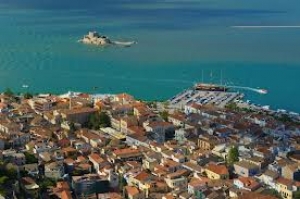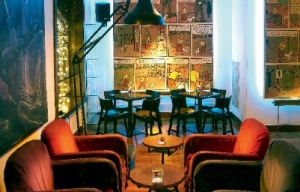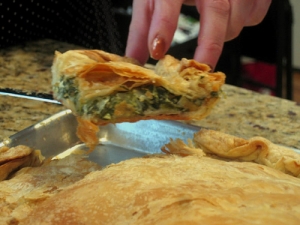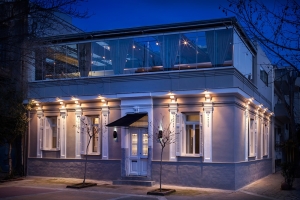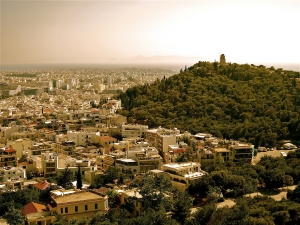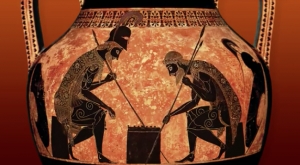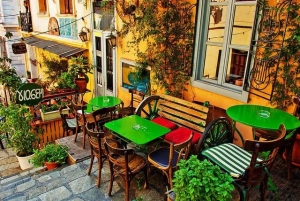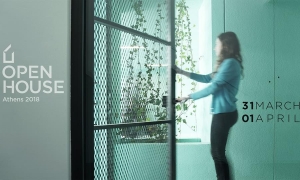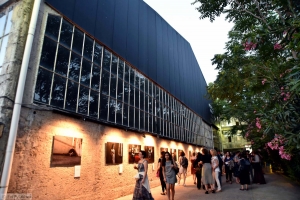Athens is a vibrant and multifaceted city with over 3.000 years of history. There are truly many things to do and see, and many things can be experienced on a budget. Some can even be enjoyed for free! Below,
TravelPassionate shares some great ideas for discovering Athens for free.
Book A Free Tour With A Local
This Is Athens has a great program where you get in touch with locals, and depending on your needs and interests you can arrange a free tour with them. Whether you are a history buff, a foodie, a shopping enthusiast or an outdoor enthusiast you are bound to find a tour that suits you. Discover the great city of Athens through the eyes of a local.
Watch The Changing Of The Guards
One of the most popular and interesting things to do while in Athens is to watch the changing of the guards. This takes place every hour in front of the Parliament building at Syntagma Square. There you will see the guards called 'Evzones' wearing traditional uniform and standing guard in front of the Tomb of the Unknown Soldier. Every Sunday morning at 11 a.m. there is a big group of Evzones, accompanied by a small band that marches down Vassilis Sofias Avenue to parliament. It is a ceremony worth seeing if you are in central Athens on a Sunday.
Have A Picnic At The National Gardens
Located just beside the Parliament building is the National Gardens -
an oasis in the heart of the city. The gardens were designed by Queen Amalia and completed in 1840. It is home to many plants and animals. Inside the garden you will also find a small lake with ducks, ponds with fish, a playground for the children, the botanical museum, a small zoo, a children’s library and a coffee shop. Also spread inside the park are monuments of antiquity and the busts of important Greek personalities like poets and politicians. So grab a snack or prepare a picnic and relax at the National Gardens in Athens.
Visit The Archaeological Sites On Free Admission Days
There are some days that some of the most important archaeological sites and museums of the city, like the Acropolis, have free admission. These days include, the first Sunday of each month from November to the 6th of March, the 18th of April, the 18th of May, the 5th of June, the last weekend of September, and the 28th of October. Also, ask about free admission to young people, typically for people under the age of 18.
Climb The Hills Of Athens
For the most astounding views of the city, head to one of the two hills in the center of Athens. Filopappou Hill, also called the hill of Muses has an incredible view of the whole city that stretches until the Saronic Gulf. The view of the Acropolis is pretty spectacular from there too. At the top of the hill you will find the Filopappos monument built in 115 AD in honour of Julius Antiochus Filopappos. As you climb up don’t forget to stop at the beautiful church of Agios Dimitrios Loumbadiaris with its incredible frescoes. Another hill that offers great views of the city is Lycabettus Hill. You can reach it by taking the foot path from Loukianou street or by taking the funicular. At the top of the hill you will find the chapel of Agios Georgios and a cafe, as well as, of course, an incredible view of the entire city.
For more ideas, please visit:
TravelPassionate


